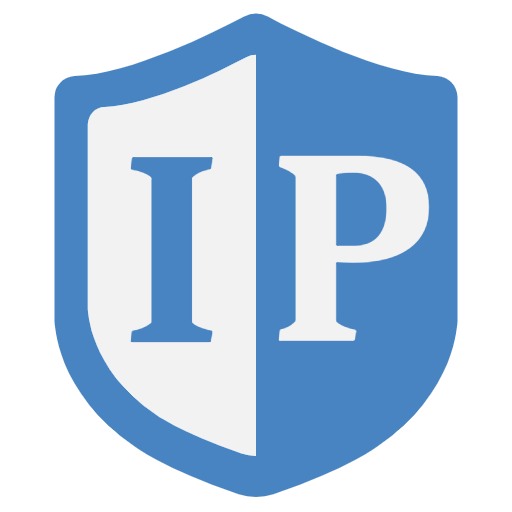Computers
Introduction
Personal computers have been the cornerstone of our digital lives since the 1980s, evolving from simple word processors to sophisticated devices that manage our entire digital existence. While providing unprecedented capabilities for work, communication, and entertainment, modern operating systems and applications continuously collect data about our activities, preferences, and personal information, making privacy protection increasingly crucial.
Providers
Microsoft Windows
The world’s most popular operating system collects extensive telemetry data. In 2021, Windows 11’s privacy policy revealed increased data collection, including typing patterns and app usage. The OS sends diagnostic data to Microsoft’s servers even with minimal telemetry settings.
Apple macOS
While emphasizing privacy, macOS still collects significant user data. In 2020, security researchers discovered that even with privacy protections enabled, macOS was sending app usage data to Apple’s servers. The system integrates deeply with iCloud, raising concerns about data centralization.
Google Chrome OS
Google’s operating system is deeply integrated with their cloud services. The system tracks user behavior across devices and services, combining browsing data with Google account activity. In 2022, Chrome OS expanded its data collection to include device performance and usage patterns.
Linux Distributions
Open-source alternatives like Ubuntu and Fedora offer better privacy controls. However, some distributions have faced criticism for including tracking features. Ubuntu, for instance, removed Amazon integration in 2020 after years of privacy concerns.
Recommendations
- Choose a privacy-focused operating system or configure privacy settings carefully
- Use full-disk encryption to protect sensitive data
- Regularly update software and security patches
- Configure firewall settings to control network access
- Be cautious with cloud integration features
- Consider using different profiles for different activities
Actions
- Enable full-disk encryption (BitLocker, FileVault, or LUKS)
- Review and adjust OS privacy settings
- Configure firewall rules to block unnecessary connections
- Update all software to the latest versions
- Remove unused applications and services
- Disable unnecessary remote access features
- Set up separate user accounts for different purposes
